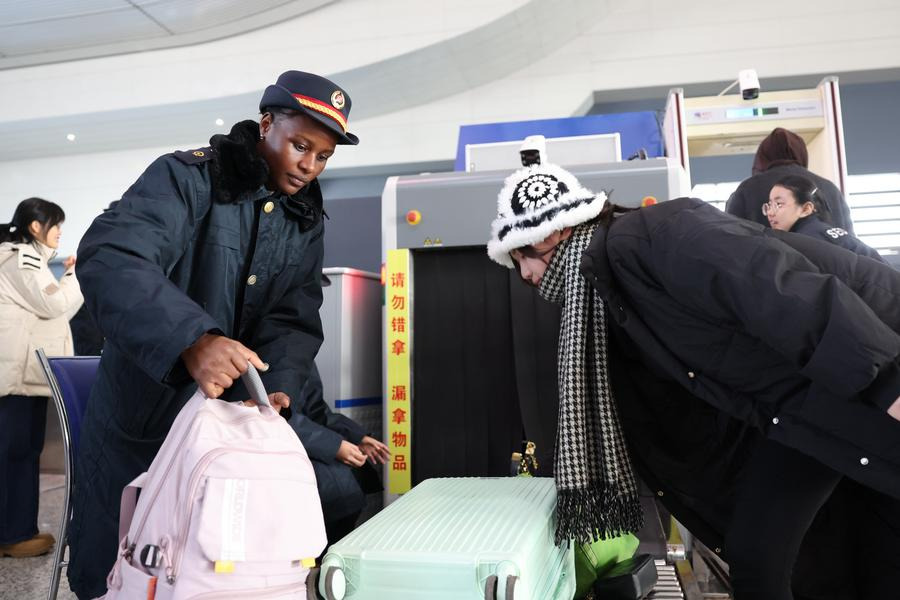Judge remembered for work in Tibet

Even after nearly half a year, Losal Gyaltso still has trouble believing his friend Fang Jingang is no longer alive.
On Oct 17, the 51-year-old Fang died of a heart attack while working in the Fourth Circuit Court under the Supreme People's Court in Henan province.
Upon first hearing the news, Losal Gyaltso was deeply saddened, and he fondly recalled the times he worked with Fang.
Judge Losal Gyaltso of the High People's Court of the Tibet autonomous region works more than 4,000 kilometers away from Henan, but Fang's three-year working stint in the Tibetan court allowed the two to become not only colleagues, but friends as well.
In July 2010, Fang arrived in Lhasa, capital of Tibet, and was appointed deputy chief judge for the No 1 Civil Tribunal at the high people's court.
"He guided me in my work, as his working abilities were superior," Losal Gyaltso said.
"He was modest in daily life and passionate in hearing cases, and quickly became my close friend."
Between July 2010 and July 2013, Fang heard more than 70 civil cases, most of which involved complicated conditions. In Fang's Tibetan work summary, he said his goal was to help uphold justice and try to ensure both parties in legal cases were satisfied with verdicts.
To improve the quality of cases adjudicated, Fang handled each case in person rather than simply providing written rulings for litigants.
For example, he took more than three days to deal with a dispute concerning a construction project payment between a Tibetan company and a local resident.
More than 870 pieces of evidence were provided during the trial, such as bills and cash transfer receipts, which ultimately forced the construction firm to confess to wrongdoing in the project.
The case, which stretched over a period of 13 years, was finally settled via mediation between the litigants.
"If permitted by law, we should talk to litigants directly, no matter how many times it takes," Fang wrote in his 16-page summary. "We should be also patient, especially when handling cases involving Tibetans not proficient in Mandarin, as it is our duty to let them know the legal process and the key problems in their disputes."
In Tibet, Fang also trained staff at a school for judges, and he produced five reports offering practical solutions to solve various disputes, including how to compensate victims in wrongful death and homicide cases.
When Fang first arrived in Lhasa, where oxygen deprivation is a big problem for the uninitiated, he often had dizzy spells after staring at a computer screen for several hours. For Fang, an oxygen bottle was a must in his office.
"But Fang never complained about the difficult working environment," said Zhang Zhigang, a judge who followed Fang to Tibet in 2013. "He told me how to solve the lack of oxygen problem at work as well as encouraging me to better understand Tibetans and their lives."
- China completes three rocket engine ignition tests in single day
- 'Village gala' held on train in Guizhou welcomes Spring Festival
- China unveils blueprint for building strong education system by 2035
- 'Zero tariffs' boost business in Hainan
- Jiangsu ranks 1st in key economic areas
- Shanxi to make 130 coal mines 'intelligent' in 2025





































